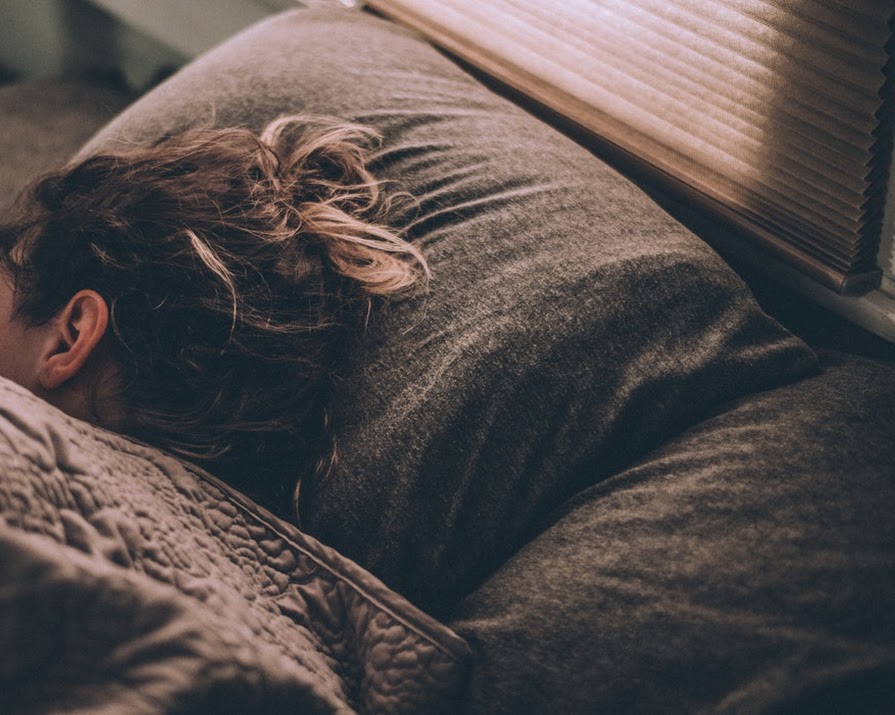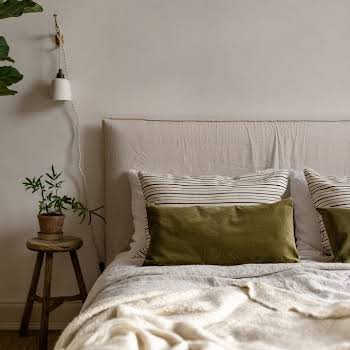
By Colette Sexton
04th Oct 2019
04th Oct 2019
This is why you should listen to the Irish Mammy in your mind and go to bed to get some sleep.
It is a vicious cycle. The alarm goes off every morning. You groan, hit snooze, and eventually drag yourself out of bed, exhausted and swearing you will hit the hay early that night. The day passes, an appropriate bedtime comes and you… don’t. Instead, you scroll on your phone or watch another episode of something or potter aimlessly around the house. You go to bed late, promising yourself tomorrow will be different. And repeat.
Between 7 and 19 per cent of adults in the US told the Centers for Disease Control and Prevention that they do not get enough rest or sleep every day. Nearly 40 per cent of adults reports falling asleep during the day without meaning to at least once a month. Those aged over 18 are recommended to get between seven and eight hours of sleep a day, according to the American Academy of Sleep Medicine.
Related: Can’t nod off? Eating these foods should help you get a better night’s sleep
Not getting enough rest can have major repercussions on your life. When you’re in bed, important physical and mental processes are carried out, and as a result, good quality sleep is vital for mental and physical health. Without a good night’s sleep, you’ll be more hungry, more cranky and less productive. Sleep deficiency is linked to health problems including heart disease, kidney disease, high blood pressure, diabetes, stroke, obesity, and depression.
How to get some shut-eye
There are several steps you can take to ensure you get enough rest each night. First of all, it is important to set your body clock by going to bed and waking up at the same time every day (yes, even on the weekends). Try to limit the difference between work nights and days off by no more than an hour. Any major changes to sleeping patterns at the weekends can disturb your body clock.
It is also important to wind down at bedtime. Avoid bright lights, screens, and TV for at least 30 minutes before you go to bed. Large meals and alcoholic drinks are also to be avoided before bed. Before you make that nighttime cuppa, remember that the effects of caffeine can last for 8 hours, so you might want to consider switching to decaf.
What you do during the day is also important. Try to spend time outside every day if possible and do some exercise. Spending time in the sunshine in the morning is also good for you, although that is unfortunately not always possible in this climate. Working in an environment with lots of natural light is also good, where possible.
In situations when you think you might have a sleep disorder, it is important to go to your GP. Sleep is a vital part of maintaining a healthy life, and issues with it should not be ignored.
Related:























